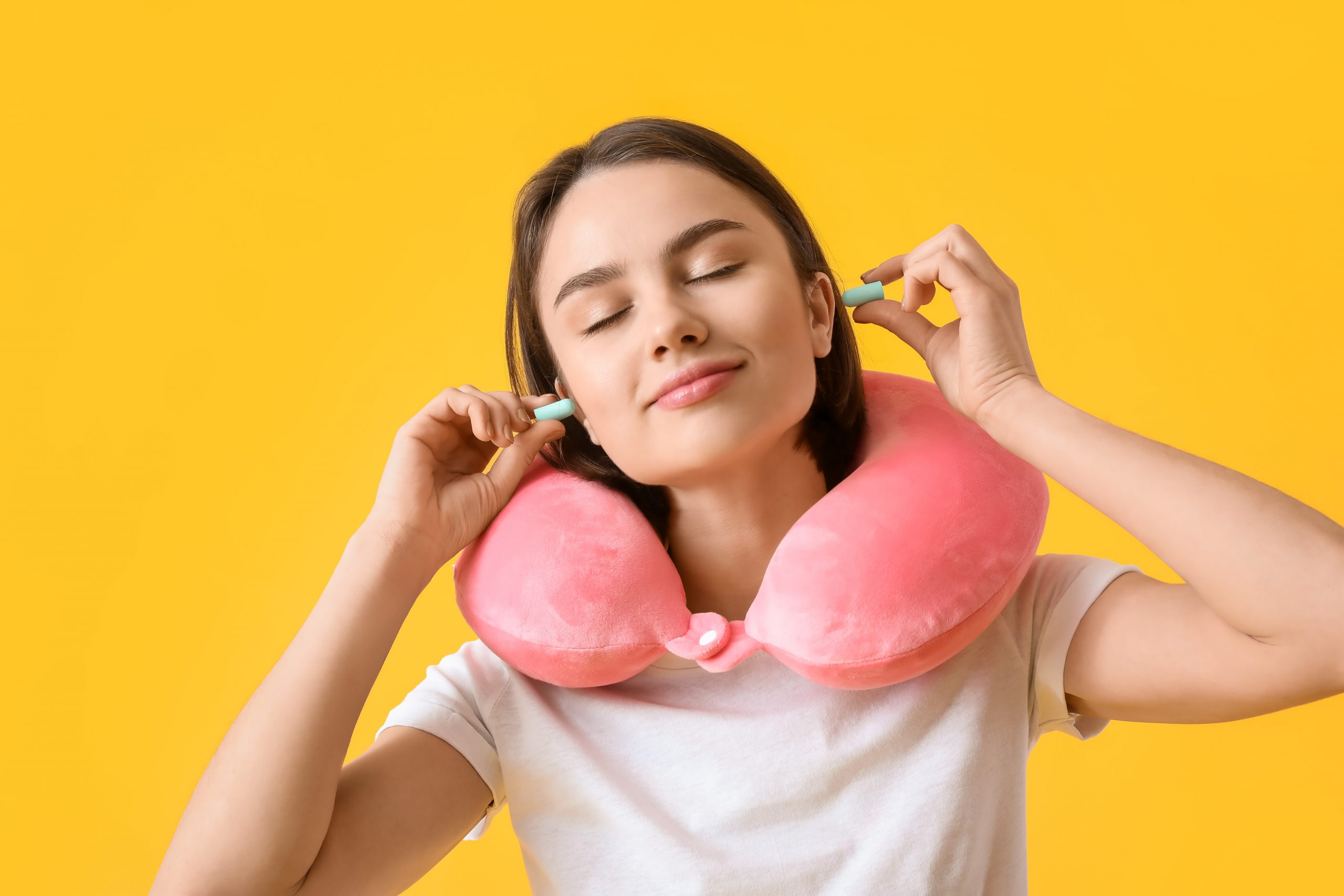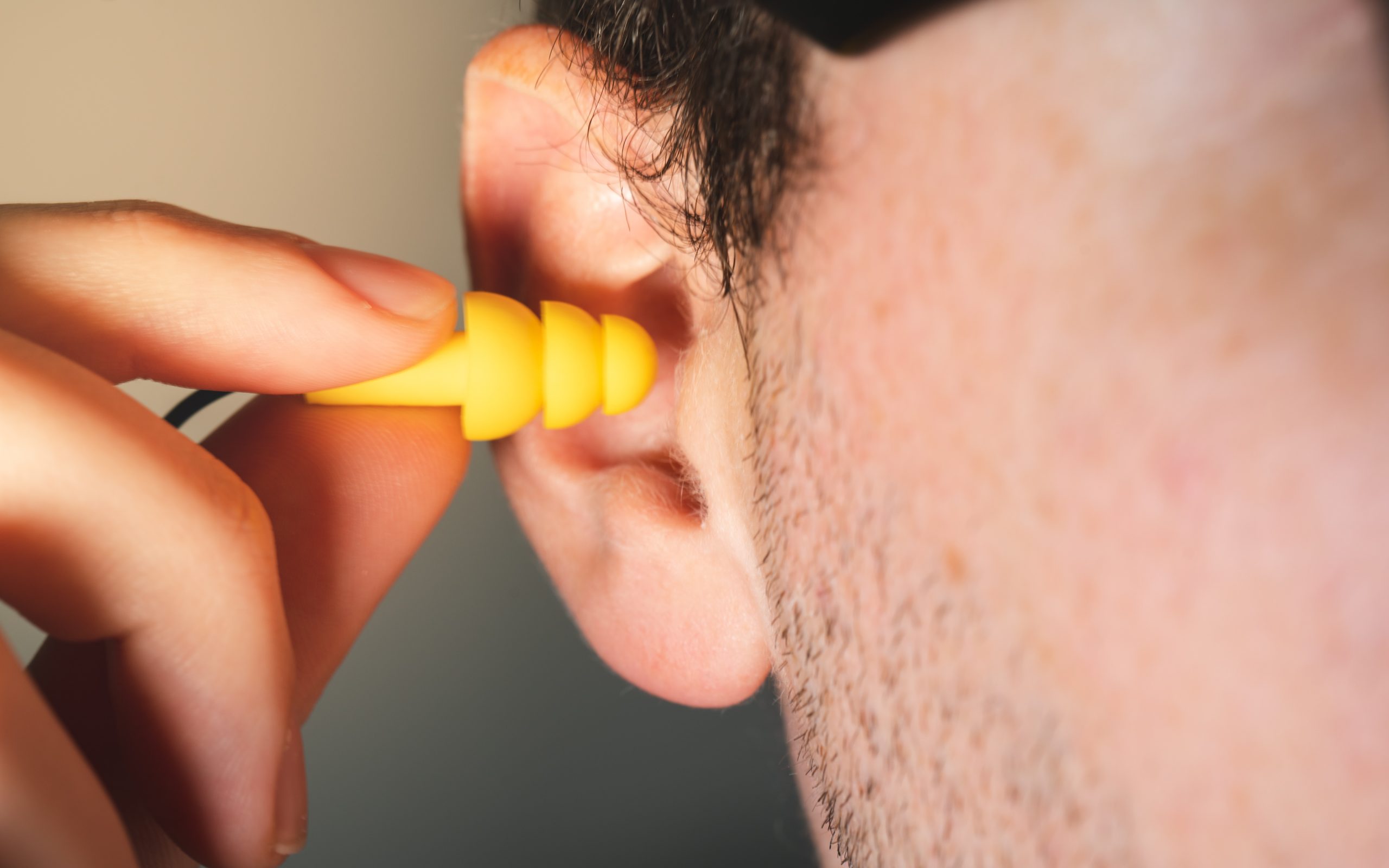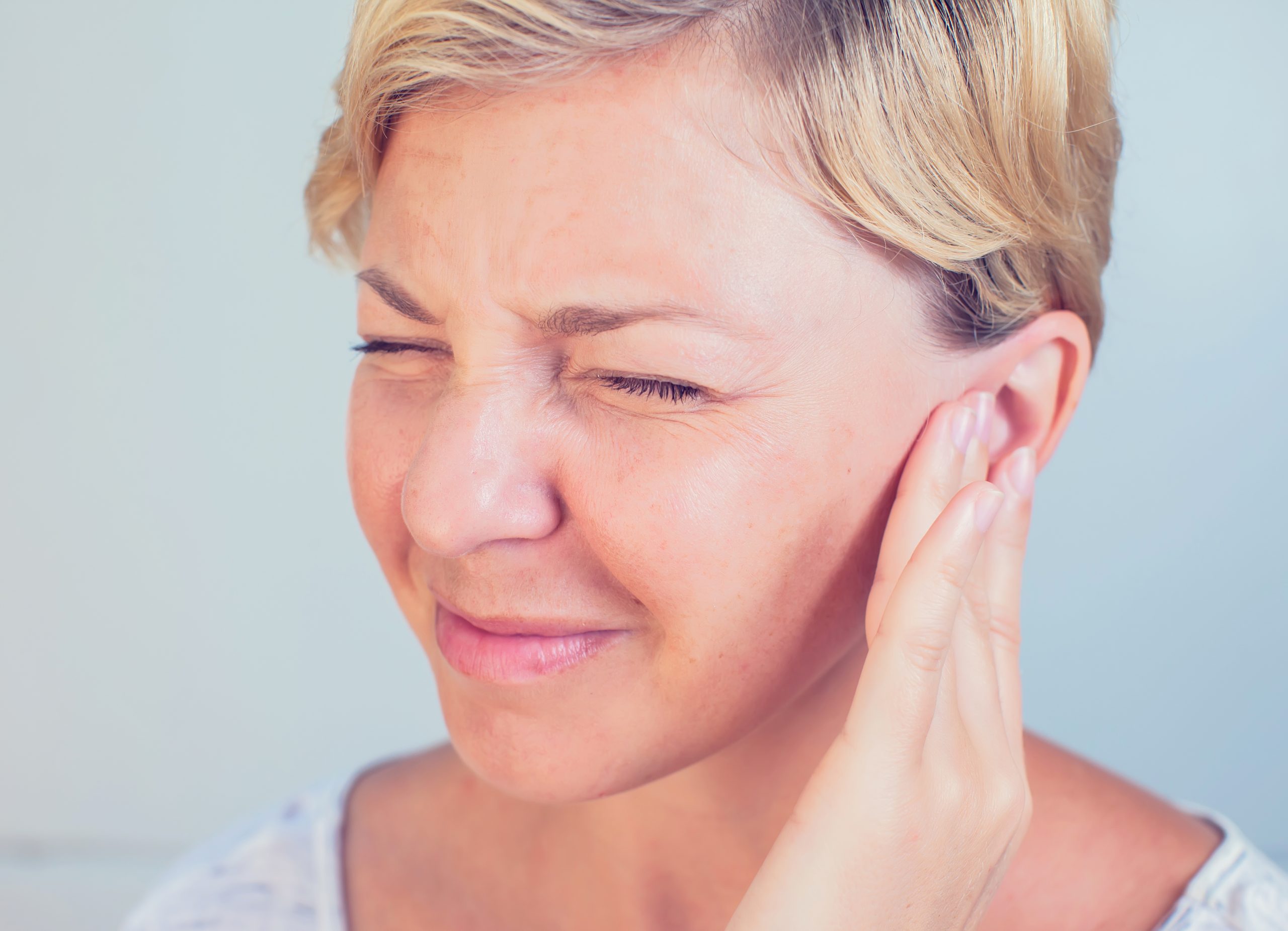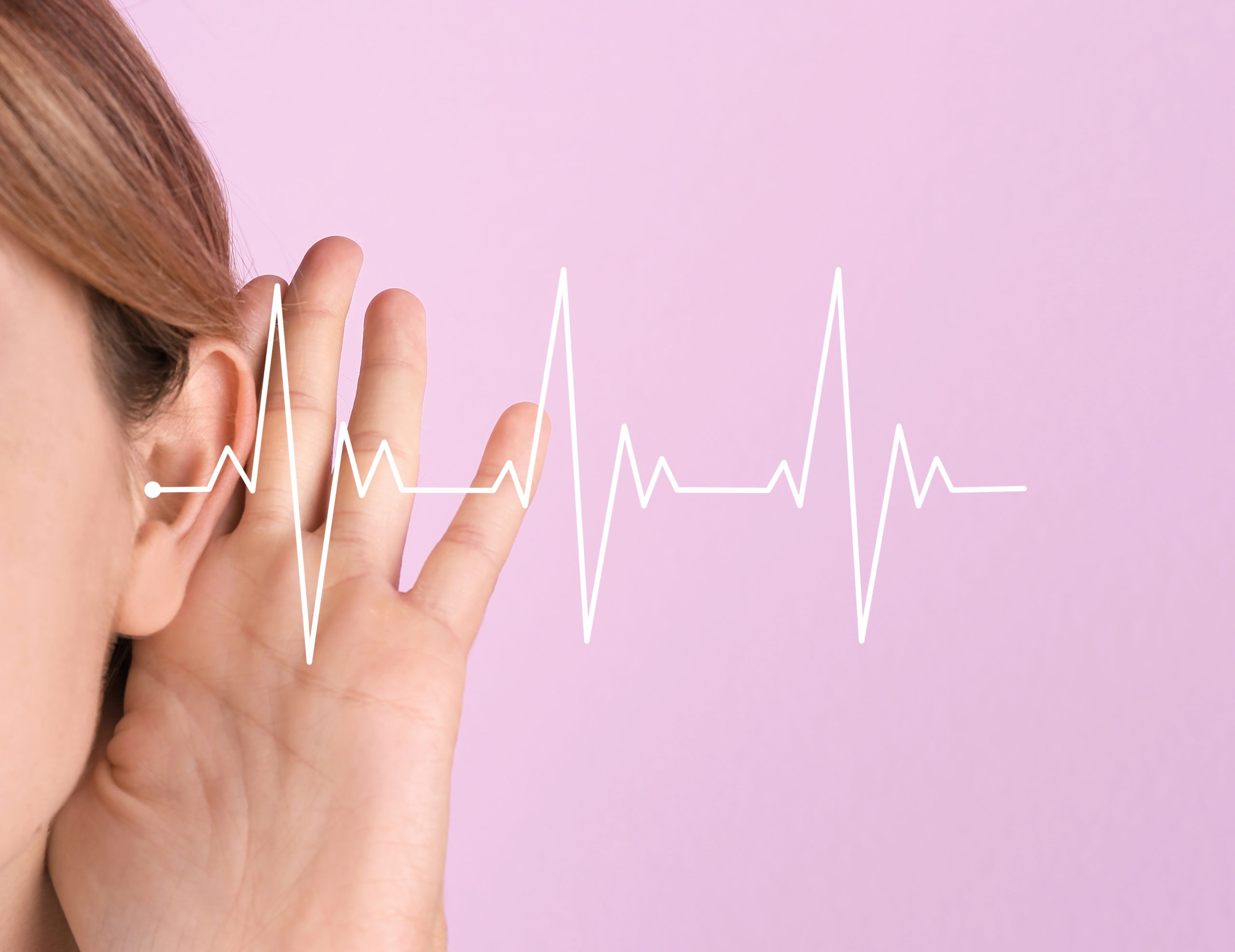Traveling can be an exciting and enriching experience, but it’s important to prioritize your hearing health while on the go. Exposure to loud noises, changes in air pressure during flights, and environmental factors can impact your ears and hearing. To ensure your hearing health remains intact during your travels, consider the following tips:
- Protect Your Ears: Exposure to loud noises, such as those from concerts, airports, or public transportation, can be damaging to your hearing. Use earplugs or noise-canceling headphones to protect your ears from excessive noise. These accessories can help reduce the intensity of sound and prevent potential damage.
- Maintain Proper Ear Hygiene: Keeping your ears clean and dry is crucial for maintaining good hearing health. While traveling, avoid inserting cotton swabs or any foreign objects into your ears, as this can push wax deeper into the ear canal or cause injury. Instead, use a soft cloth to clean the outer ear and consult a healthcare professional if you experience excessive wax buildup or ear discomfort.
- Be Mindful of Air Pressure Changes: Air pressure changes during flights, especially during takeoff and landing, can cause discomfort or temporary hearing issues. To equalize the pressure in your ears, try yawning, chewing gum, or swallowing. These actions can help open the Eustachian tubes and allow air to flow in and out, equalizing the pressure on both sides of the eardrum.
- Stay Hydrated: Proper hydration is essential for overall health, including hearing health. Drinking plenty of water during your travels helps maintain the optimal fluid balance in your body, including the delicate structures of your ears. Staying hydrated can also help prevent dryness in the ear canal, reducing the risk of irritation or infections.
- Minimize Use of Personal Audio Devices: Listening to music, podcasts, or other audio content using personal audio devices can be enjoyable during travel. However, it’s important to use these devices responsibly to protect your hearing. Keep the volume at a moderate level and take regular breaks from continuous listening. Using noise-canceling headphones can help reduce the need for high volume levels in noisy environments.
- Be Cautious with Water Activities: If your travel plans involve water activities such as swimming or snorkeling, take precautions to prevent water from entering your ears. Excess moisture in the ear canal can increase the risk of swimmer’s ear, an infection that can cause pain and temporary hearing loss. Use waterproof earplugs or a swimming cap to keep water out of your ears and dry your ears thoroughly after water activities.
- Plan Ahead for Hearing Aid Users: If you wear hearing aids, ensure you have an adequate supply of batteries and cleaning tools for your trip. Carry them in your carry-on bag rather than checking them with your luggage to prevent loss or damage. If you have rechargeable hearing aids, make sure you have access to power sources or extra batteries for extended periods of use.
- Stay Informed about Local Noise Regulations: Different destinations may have specific noise regulations or cultural practices that could impact your hearing. Familiarize yourself with local customs, such as celebrations involving fireworks or loud music, and take appropriate precautions to protect your hearing during these events.
- Schedule a Hearing Check-up: If you have any concerns about your hearing health or are planning an extended trip, consider scheduling a hearing check-up before your travels. A hearing professional can evaluate your hearing and address any issues or provide personalized recommendations for hearing protection during your trip.
By implementing these tips, you can enjoy your travels while safeguarding your hearing health. Remember that maintaining good hearing habits not only enhances your travel experiences but also contributes to long-term hearing well-being.





